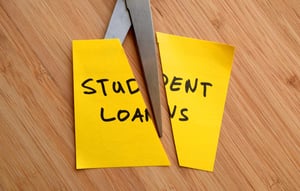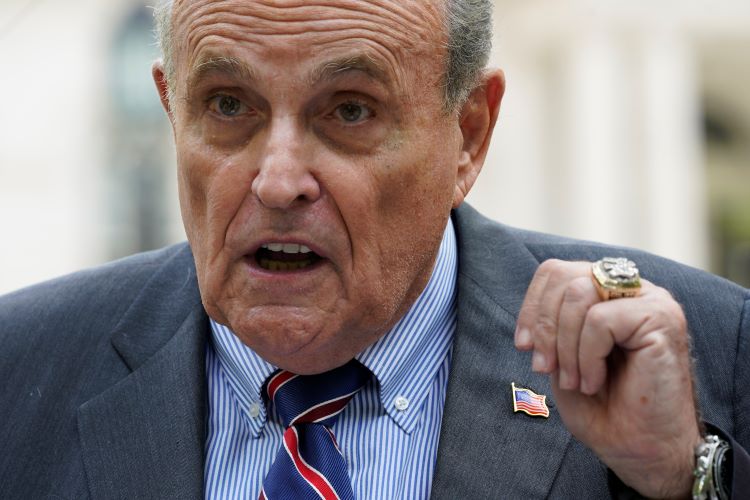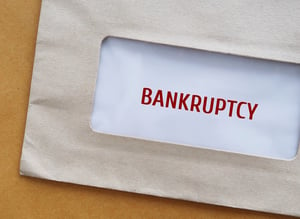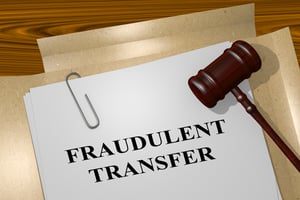Student Loan Debt and Bankruptcy in Minneapolis
The student loan debt crisis in America has been a growing issue for years, but recently those suffering from student loan debt received a big win. President Biden announced a forgiveness of some student loan debt for eligible borrowers. Although, for many Americans the amount of the forgiven debt will be just a drop in the bucket in relation to the overall amount of their student loan debt. But what or who can help a struggling debtor with the remaining student loan debt? Can it be discharged in a bankruptcy?
Section 523(a)(8) of the Bankruptcy Code provides that debts arising from certain educational loans or benefits may not be discharged unless “excepting such debt from discharge . . . would impose an undue hardship on the debtor and the debtor’s dependents.”
A debtor’s obligation to pay a student loan debt remains until a bankruptcy court determines the loan is discharged. The exception from discharge is self-executing. The discharge order will not include a student loan debt unless a debtor affirmatively secures an undue hardship determination.
The courts in the Eighth Circuit apply a totality of circumstances test, to determine if the burden is met. The courts consider: “(1) the debtor’s past, present, and reasonably reliable future financial resources; (2) a calculation of the reasonable living expenses of the debtor and their dependents; and (3) any other relevant facts and circumstances.”
The third prong of the totality of circumstances test requires the Court to consider all other relevant facts or circumstances surrounding the bankruptcy case. Bankruptcy courts in the Eighth Circuit have considered a number of factors in analyzing the third prong of the totality of circumstances inquiry, including: (1) total present and future incapacity to pay debts for reasons not within the control of the debtor; (2) whether the debtor has made a good faith effort to negotiate a deferment or forbearance of payment; (3) whether the hardship will be long-term; (4) whether the debtor has made payments on the student loan.
The debtor bears the burden of establishing undue hardship. The burden is difficult to prove. The burden will not be met if after making the student loan payment, the debtor is still able to maintain a minimal standard of living with their current and foreseeable financial resources.
CALL NOW FOR A FREE STRATEGY SESSION FROM A MN BANKRUPTCY LAWYER AT LIFEBACK LAW FIRM
Educational loans are not automatically discharged in a bankruptcy. But the debtor can bring an action to prove undue hardship for a determination on the dischargability of this debt. Contact the attorneys at LifeBackLaw and see us at www.LifeBackLaw.com and let us help you get your life back.







